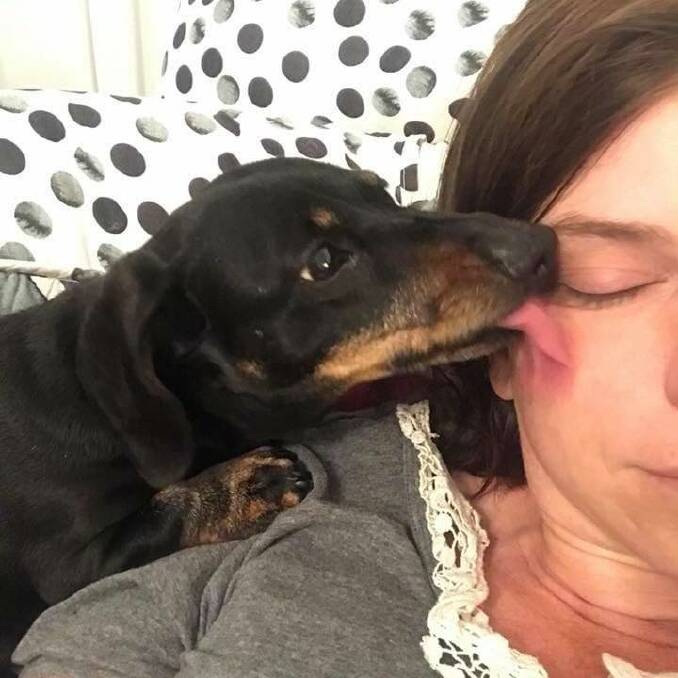
The death of a beloved pet can be devastating.
Subscribe now for unlimited access.
$0/
(min cost $0)
or signup to continue reading
The loss can be profound.
For some it can be as painful as the death of a person.
Whether you're a celebrity chef, experienced veterinarian, political leader, union boss or hard nosed journalist, the death of a family pet can leave emotional scars.
Professor Frank McAndrew, who is professor of psychology at Knox College in Illinois in the United States, says the death of a pet will have a "strong" effect on most people.
"For some people it can in fact be every bit as profound as the death of a friend or even a relative," Professor McAndrew said.
"This will be especially likely to happen with people who are constantly in the company of the pet, where the pet has become an essential part of everyday life."
Not surprisingly, Professor McAndrew says people deal differently with their grief.
"Some people need to get a new pet as soon as possible to re-establish a relationship like the one that they have lost; others will need more time to reflect on the experience of loss before they can move on. Fortunately, most of us eventually put it into perspective and incorporate fond memories of the lost pet into the tapestry of our life's story."
Writing in The Conversation in 2017, he described the "excruciating experience" of the death of he and his wife's dog.
Professor McAndrew said friends had many times confided in him that they grieved more when their dog died than they did when a friend or relative died.
"Research has confirmed that for most people, the loss of a dog is, in almost every way, comparable to the loss of a human loved one," he wrote.
"Unfortunately, there's little in our cultural playbook - no grief rituals, no obituary in the local newspaper, no religious service - to help us get through the loss of a pet, which can make us feel more than a bit embarrassed to show too much public grief over our dead dogs."
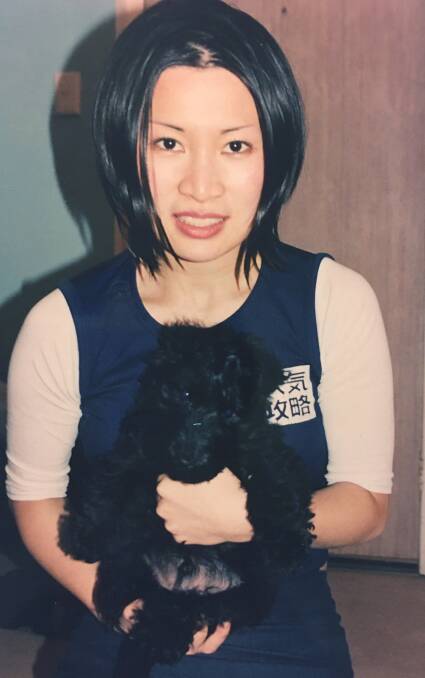
For celebrity chef Poh Ling Yeow the death of her 11-year-old dog Zed from renal failure was distressing.
"Dealing with the death of Zed remains one of the hardest things I've ever been through," she said.
"There were moments I missed him so desperately, the thought of exhuming him from his grave for one last cuddle did not seem weird at all - the grief was gut-churning, bewildering.
"A day doesn't go by without thinking about him but the grief is somehow transformed, I find him in the joy I feel for (dogs) Rhino and Tim.
"I've spoken to many about the unique grief that comes from the passing of a pet and it is absolutely as profound as it is with a human.
"In some ways, it feels inexplicably worse because you have existed intimately together without words but with trust and instinct - it's purer and unconditional, unlike most human relationships."
New Zealand singer/songwriter Lorde delayed the launch of an album because of the sudden death of her dog, which she described as "incredibly painful".
"A light that was turned on for me has gone out," she wrote to fans.
ABC journalist Edith Bevin understands the grief Poh felt for her dog.
After her mother died in 2009, Ms Bevin found a note asking her to look after her dachshund Saus or Remy.
"So I guess we sort of fell into being best mates rather than owner and dog. I do remember that after mum died - Saus was the only thing that made me get out of bed each day - because she had to be fed and walked and loved."
When her father died later the same year, and with her sister living overseas, Ms Bevin and Saus became inseparable.
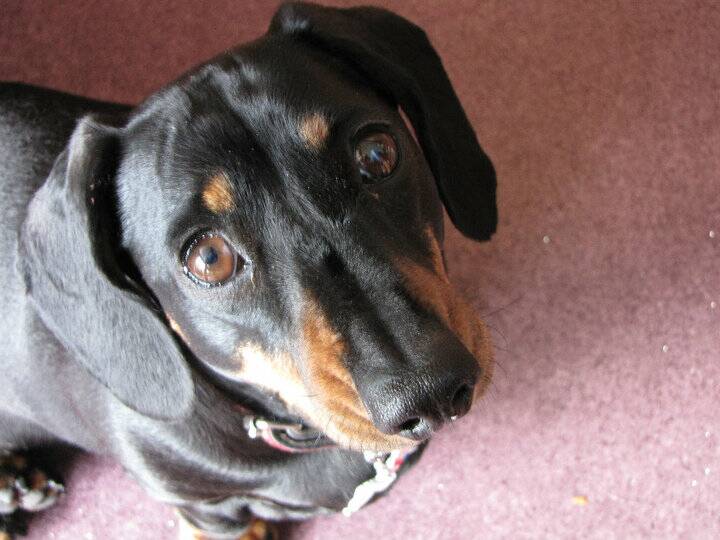
"We pretty much did everything together - she slept in the bed with me, she hated the water but insisted on supervising me everyday in the shower in case I drowned, we went on road trips, holidays, played on beaches, went to cafes (her favourite café used to bring her out her very own slice of bacon just for her)."
For 11 years, Saus was her soulmate and she planned life around her.
"Lots of people might find this ridiculous, but because she started as mum's dog there was a lot of mum's character in Saus - she was sassy and determined and cheeky and fun loving and didn't ever try to hide what she thought of people.
"It was awful when she died because I lost her, but it was also like I really had finally lost mum and 11 years after mum's death, I was actually sort of really facing up to that too."
Ms Bevin was overwhelmed by the support from friends and colleagues across the world who sent her flowers, chocolates, video messages and care packs when Saus died in May.
"People keep asking me when I'm getting another dog and I will eventually, but because Saus was sort of my family, a partner, a best friend, soul mate and a constant companion - so I do find that question hard. You wouldn't ask someone who'd just lost their human life partner when they were going to get someone else in."
At times she has struggled to go home where the sassy Saus is no longer, but the reminders of her life are ever present.
"I did drive into my driveway about five weeks after she died and I just sat in the car and cried because I honestly couldn't bear to get out of the car and walk into the house knowing that she wouldn't be waiting by the door for me; I've also sobbed on my best human friend a couple of times in cafes about it.
"So I guess it is like losing a human...where even after time has passed you have this realisation that life will be forever emptier and less joyful."
Tasmanian public relations guru A Mark Thomas is similarly lost without the family rescue cat, Angel, who sadly died on his birthday in April this year.
Angel had been "peaky" the day before Mr Thomas took her to the vet.
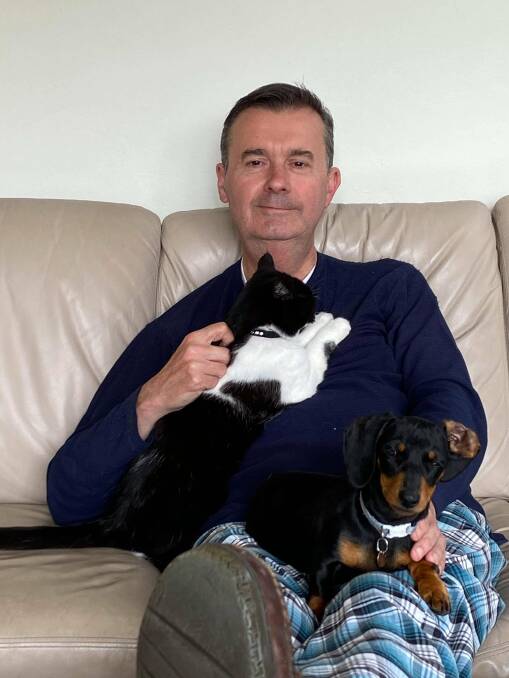
"Scans revealed her little body was riddled with cancer and I held her as she was sedated and then euthanised ... she had been with us for 14 years, since we brought her home from the old Hobart Cat Centre.
"As Kathryn (wife) said, in these times, with our children away in Melbourne, Angel was our 'normal'... the one we looked for and cared for outside of ourselves.
"I buried her in our garden.
"In these times when thousands of people are dying worldwide of COVID-19, it seems trivial ... but in my life, this cat, our pet, was important."
Every day, Mr Thomas still looks for Angel.
"I still look for her to come down the front steps when I come back from a run ... she used to wait for me and come into the street with a hello 'meow'.
"Through the lock-down, I would turn from my home office set-up and look through the glass front door to the mat where she used to sit ... 20 times a day. .. waiting to be let in."
Tasmanian Labor leader Rebecca White also knows the pain of losing a pet.
But, as Professor McAndrew suggested, she has mementos of her faithful labrador Griff who died this year.
"He had been a part of my life since I got him as a pup in 2007, when he was always up to something naughty like chewing shoes or chewing through water pipes, right through to his old age when he would patiently indulge our daughter putting blankets on him and tucking him in like a big teddy," Ms White said.
"He passed away in April and is buried on our farm overlooking the driveway so he can keep an eye on everyone coming to visit.
"It's hard to not have him around because he had been by my side through some of the most significant moments in my life.
"After lots of tears, his memory will be kept alive through all the photos we have and all the stories we continue to share about the funny things he did."
State health union boss Tim Jacobson fondly remembers his bull terrier who was by his side during a tumultuous time in his life.
In many ways, her death affected me more than the deaths of people I have known.
- Tim Jacobson
"As a rather young man I had been through a really difficult time of my life, coping with a relationship breakup and some other family turmoil ....a pretty emotional time.
"Imogen, a bull terrier and I spent most of our time together, she was constantly by my side.
"She was such a loyal and beautiful soul. At the time, it seemed that she intuitively understood the emotional turmoil I was going through."
Her sudden and untimely death at the age of three, left a deep scar.
"She loved chewing and for that reason I kept a constant supply of bones on hand, she choked and died one night while I was asleep.
"I'm sure many people will understand, particularly given my emotional state at the time, how devastated I was.
"In many ways, her death affected me more than the deaths of people I have known.
"My grief was almost overwhelming, thinking about it today still invokes a deep sadness.
"I still miss her and am grateful for the love she gave me at a time when I felt at a very low point in my life."
Former RSPCA chief executive and chief veterinarian, Dr Andrew Byrne says it is not uncommon for people to take compassionate or personal leave when a pet dies.
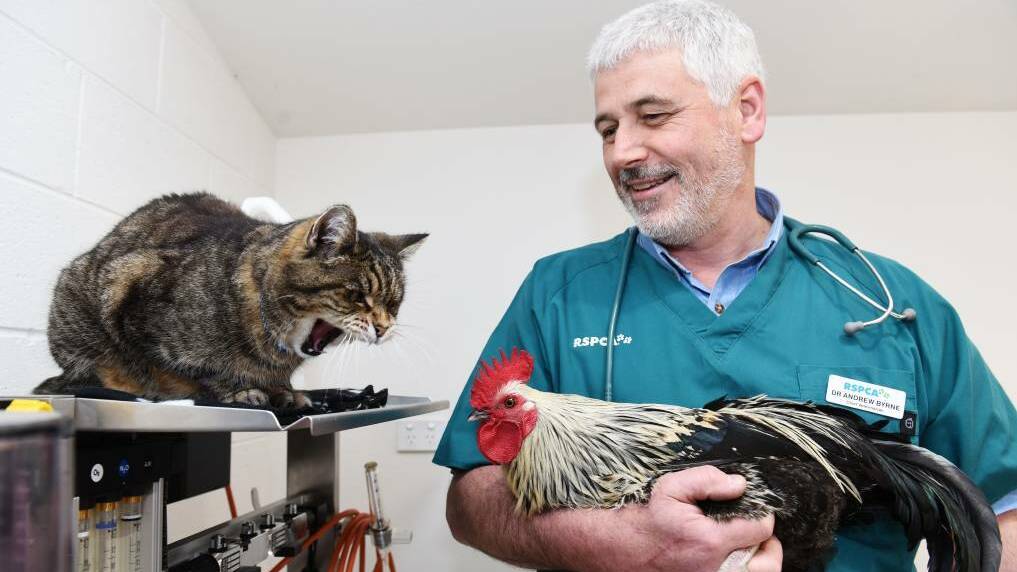
"There is no underestimating how close the human animal bond can be, I have seen even the toughest men break down over the loss of their favourite companion," Dr Byrne said.
"This is not new, just remember the bonds that were formed between the horses and soldiers during times of conflict."
Now based at St Helens, he understands too well the angst and distress owners face, especially when deciding to euthanise an animal.
"Many owners find it extremely difficult, depending on where the pet sat in their life," Dr Byrne said.
"This pet may have been their best friend through some traumatic, life-changing event or even have been the last living companion of a wife, husband or child who has for whatever reason passed away.
"These euthanasias are the hardest. The owners are usually deeply upset by such a loss, and as veterinarians or veterinary staff, we cannot but be effected by the emotions in such circumstances."
Dr Byrne understands why, for some people, the death of a pet is harder for them to deal with than the death of a person.
"Our animal friends are totally dependent on our decisions when it comes to their welfare, right to the end.
"They have no say in the matter. Such euthanasia decisions weigh heavily on the carer's mind. Often it is left entirely up to the veterinarian to make the decision, this is not always an easy decision for a veterinarian.
"Again many owners find it extremely difficult, depending on where the pet sat in their life.
"Some owners are less emotional and extremely pragmatic about 'life and death situations'."
Dr Byrne says it helps to cry and reflect on the good life that a person has shared with their pet or working animal.
Tasmanian counsellor and president of the Psychotherapy and Counselling Federation of Australia, Dr Di Stow says many people share an intense love and bond with their animals.
"For us, a pet is not 'just a dog' or 'just a cat', but rather a beloved member of our family, bringing companionship, fun, and joy to our lives," Dr Stow said.
"A pet can add structure to our day, keep us active and social, help us overcome setbacks and challenges in life, and even provide a sense of meaning or purpose.
"When a cherished pet dies, it's normal to experience grief and loss."
Dr Stow said the loss of a pet can be overwhelming and trigger difficult emotions.
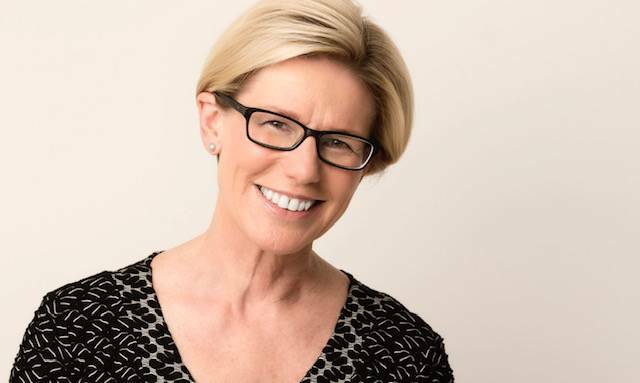
While some people may not understand the depth of feeling you had for your pet, she said grieving for an animal friend was normal and natural.
"Still, even years after a loss, a sight, a sound, or a special anniversary can spark memories that trigger a strong sense of grief.
"Your grief is your own.
"No one else can tell you when it's time to 'move on' or 'get over it'.
"The stress of losing a pet can quickly deplete your energy and emotional reserves."
Dr Stow said after the death of a pet it was important people looked after themselves.
"Looking after your physical and emotional needs will help you get through this difficult time."
Author's note:
This story is a tribute to our beloved cat Mickey - named after former Collingwood coach Mick Malthouse - and our daughter Beck's 18th birthday present.
Mickey used to sit on my husband's lap after he'd had chemotherapy.
He was sadly put to sleep on June 1. RIP Mickey.


